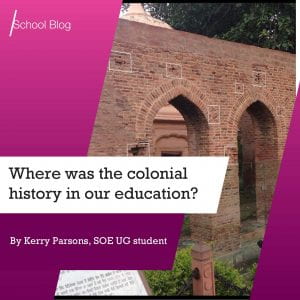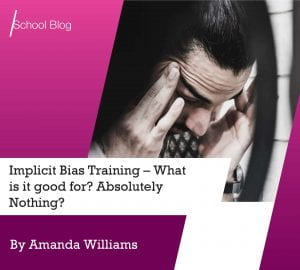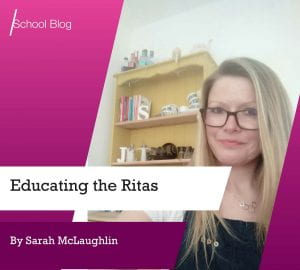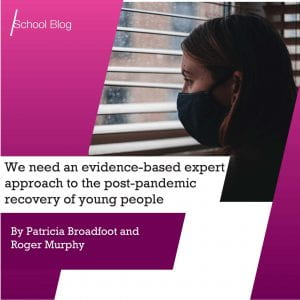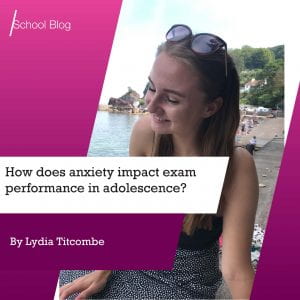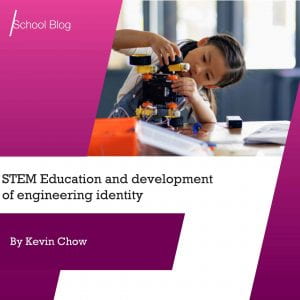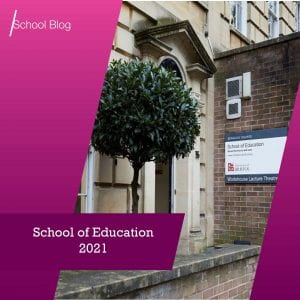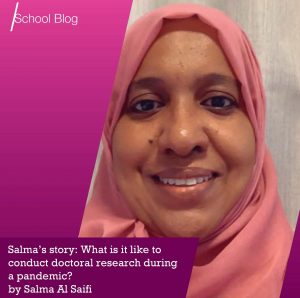 Blog post by Salma Al Saifi, doctoral researcher at the School of Education, University of Bristol
Blog post by Salma Al Saifi, doctoral researcher at the School of Education, University of Bristol
The spread of the worldwide pandemic of Covid-19 with all the strict measures and restrictions applied to minimize its impact on people’s lives have posed a serious challenge to the conduct of my research project. For instance, conducting fieldwork such as interviews and classroom observations during such circumstances was problematic and challenging for me. (more…)

 Undergraduate Open Week 2021 special Q & A | Liv Fowler, Psychology in Education undergraduate student, School of Education, University of Bristol
Undergraduate Open Week 2021 special Q & A | Liv Fowler, Psychology in Education undergraduate student, School of Education, University of Bristol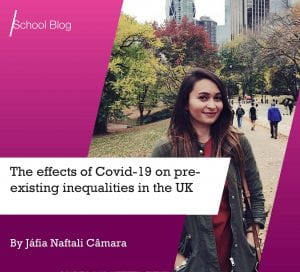 Blog by
Blog by 